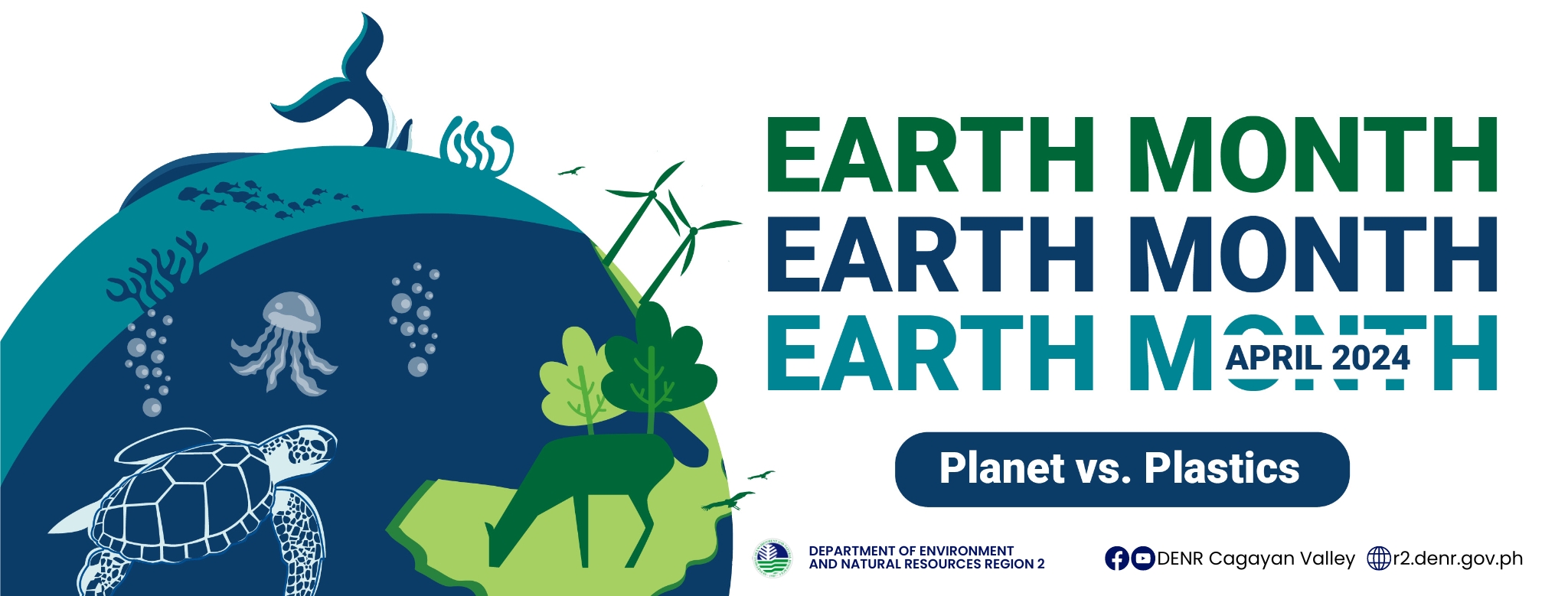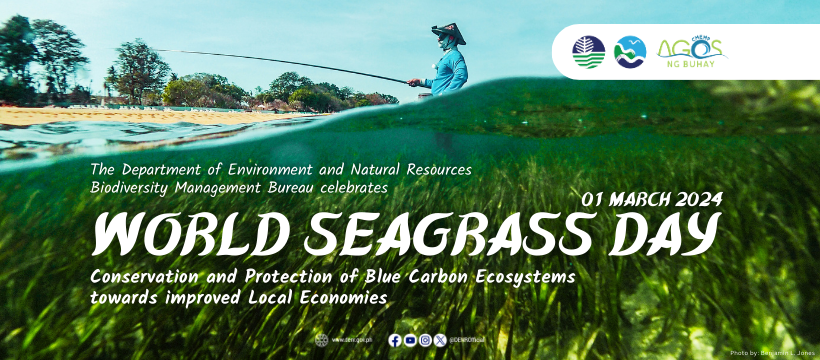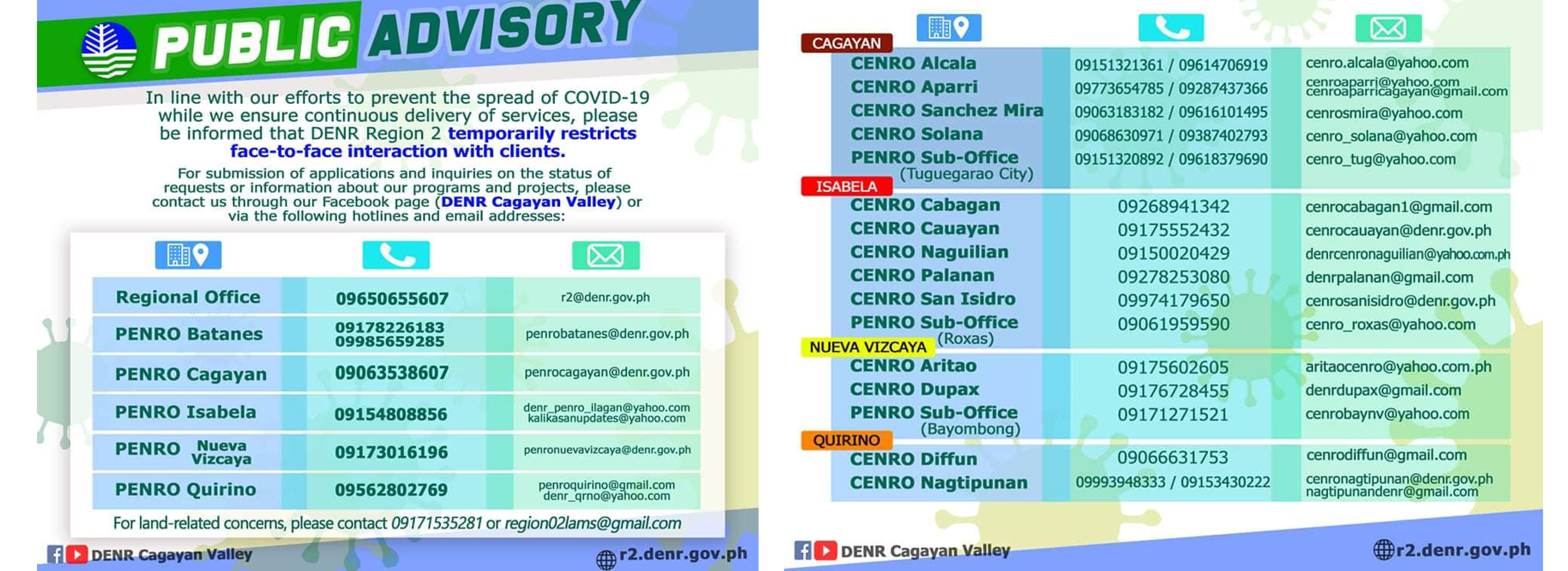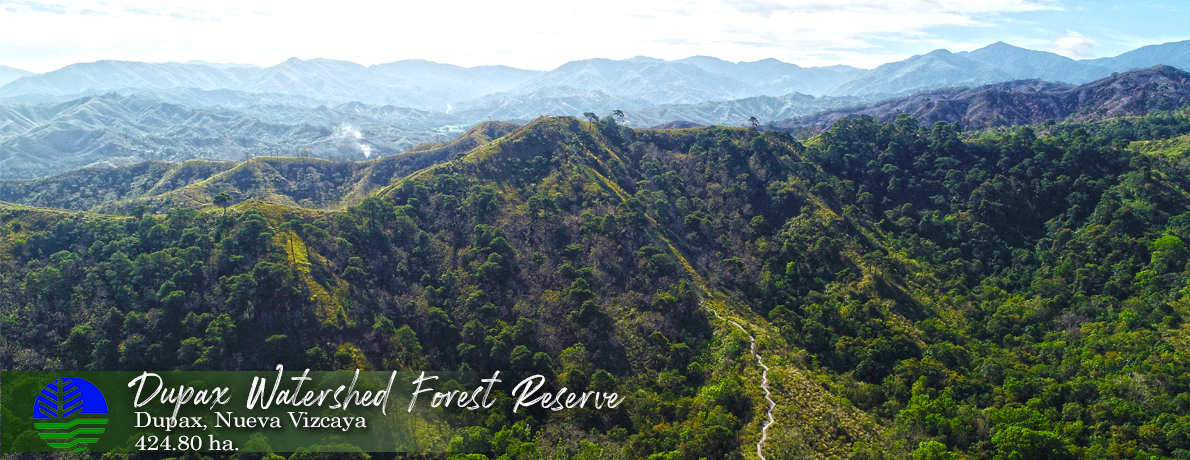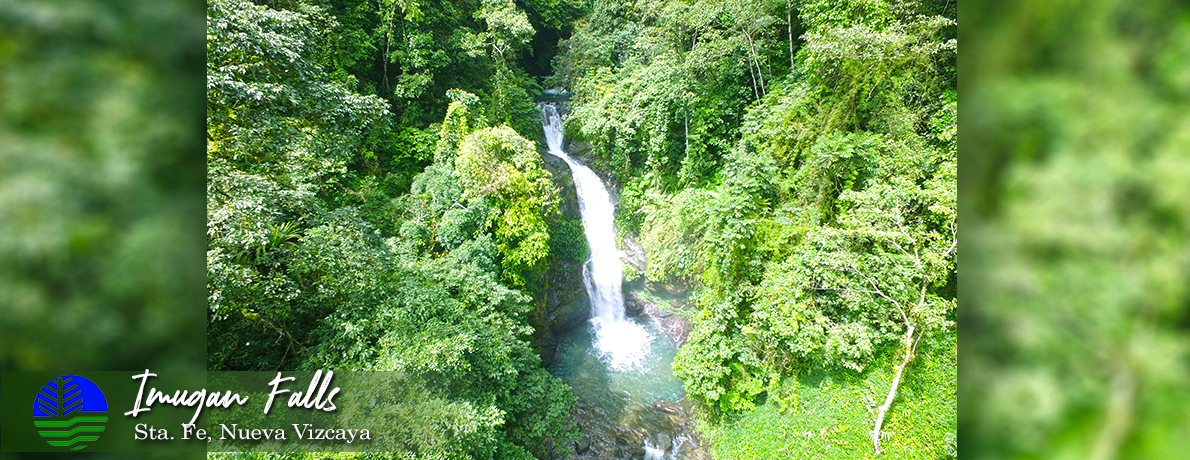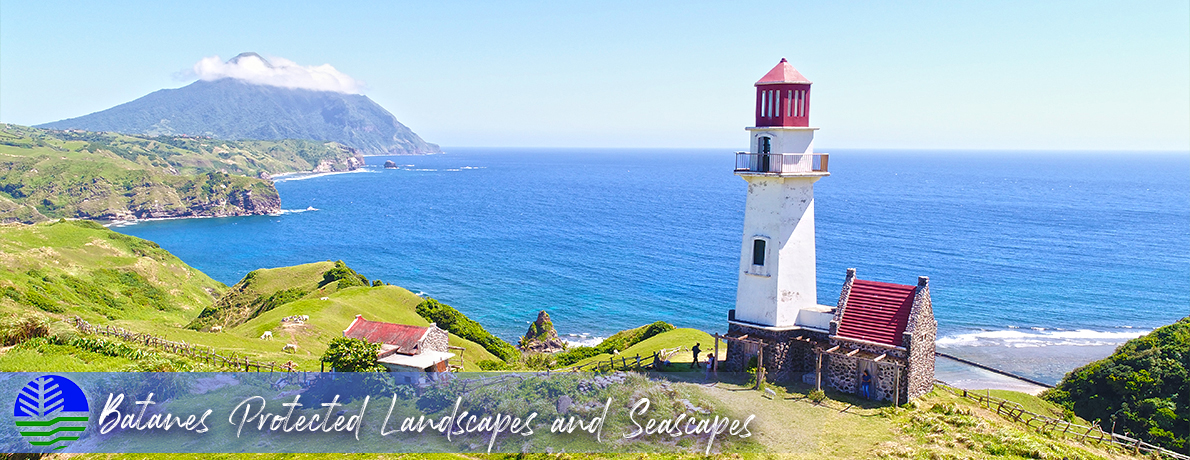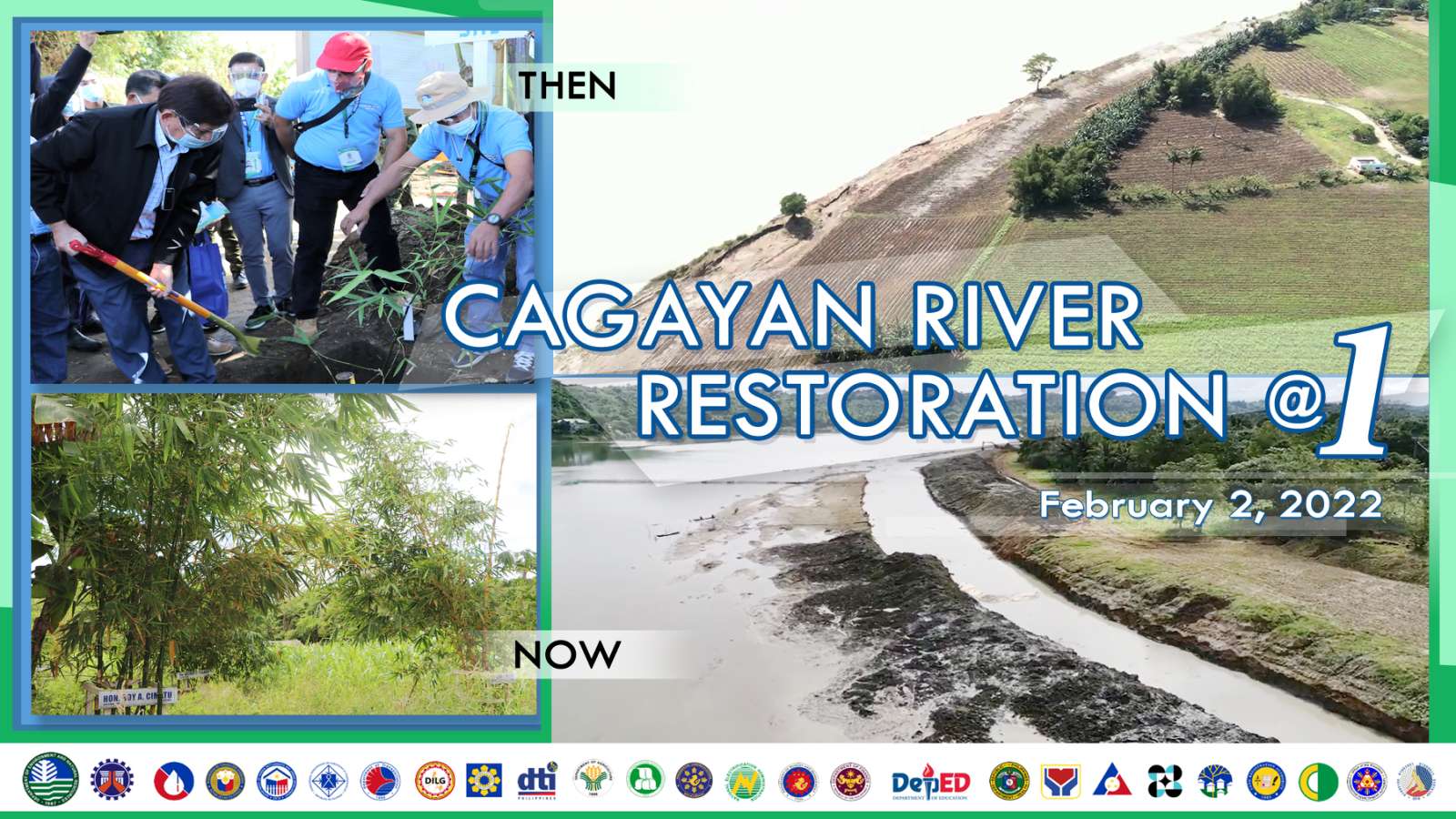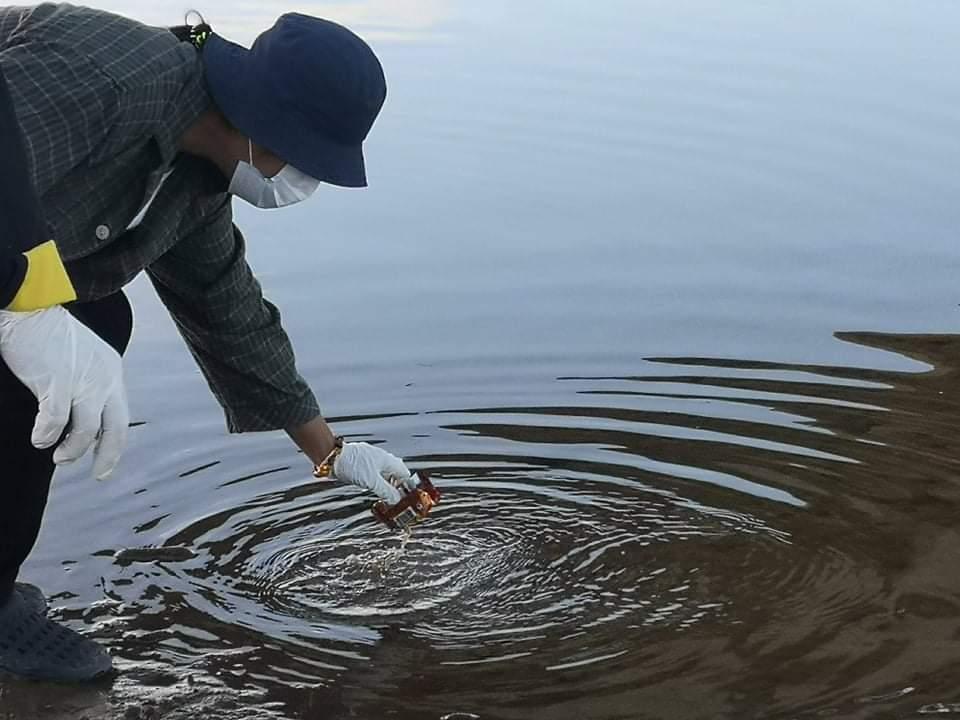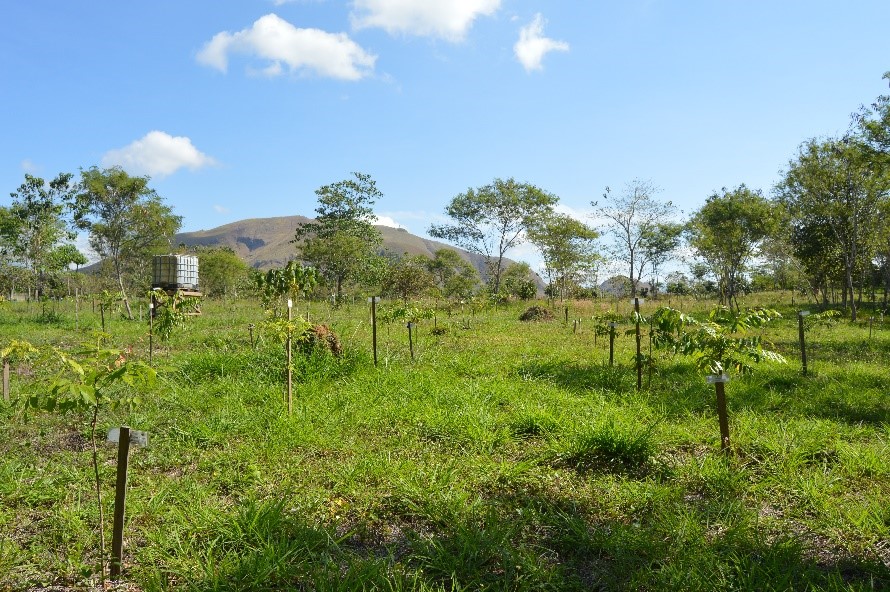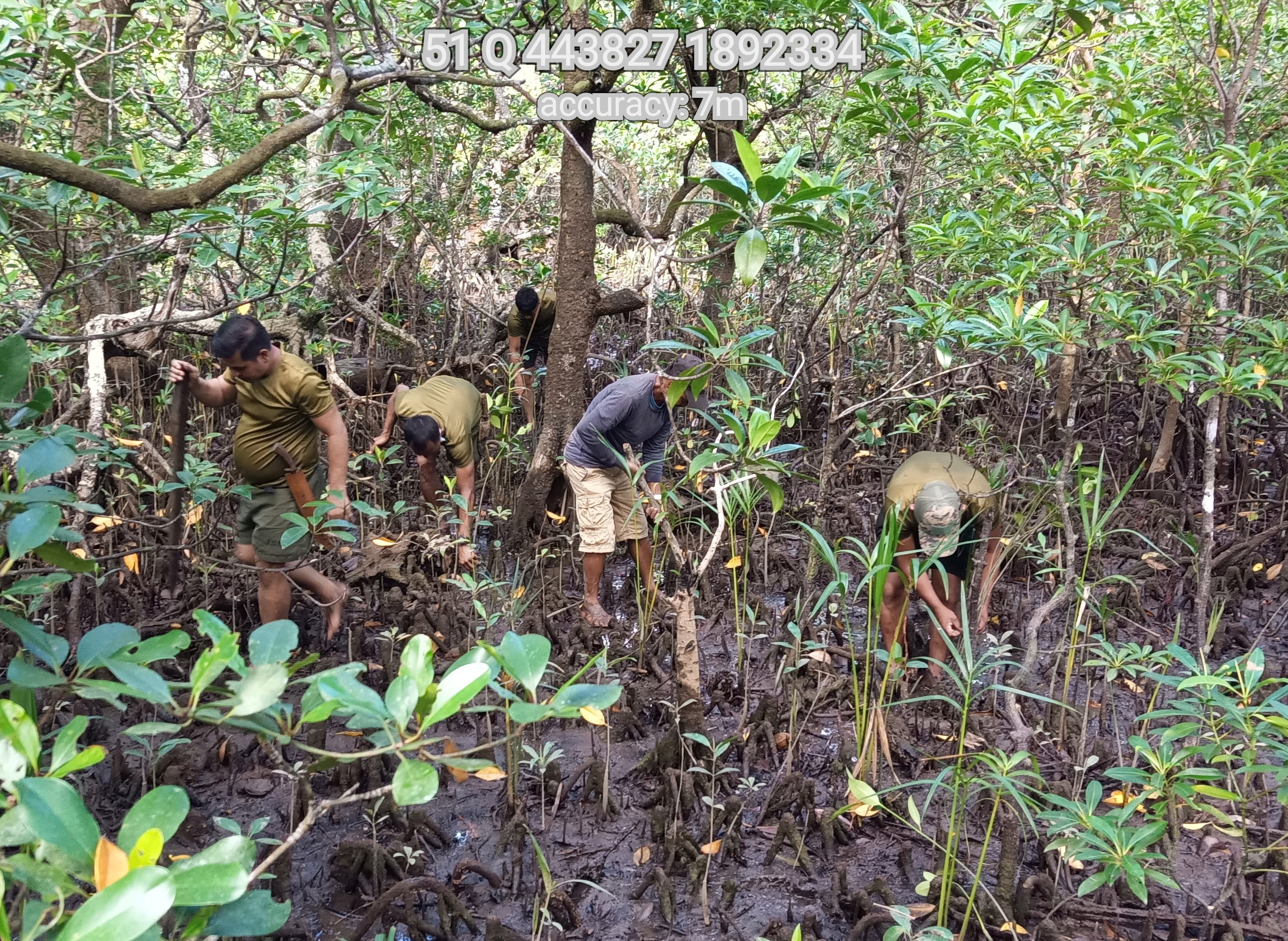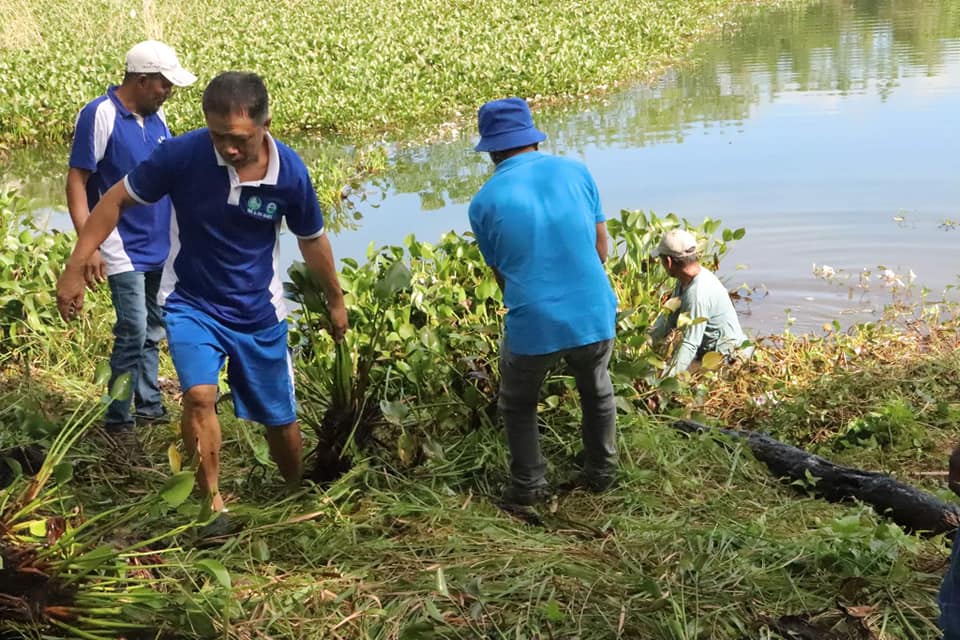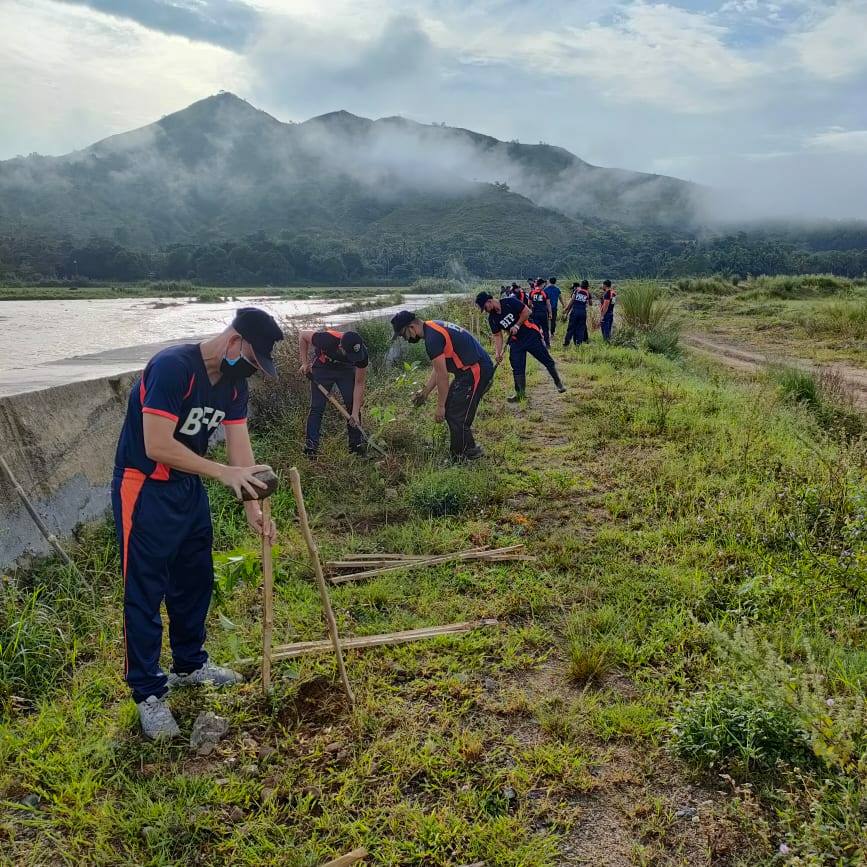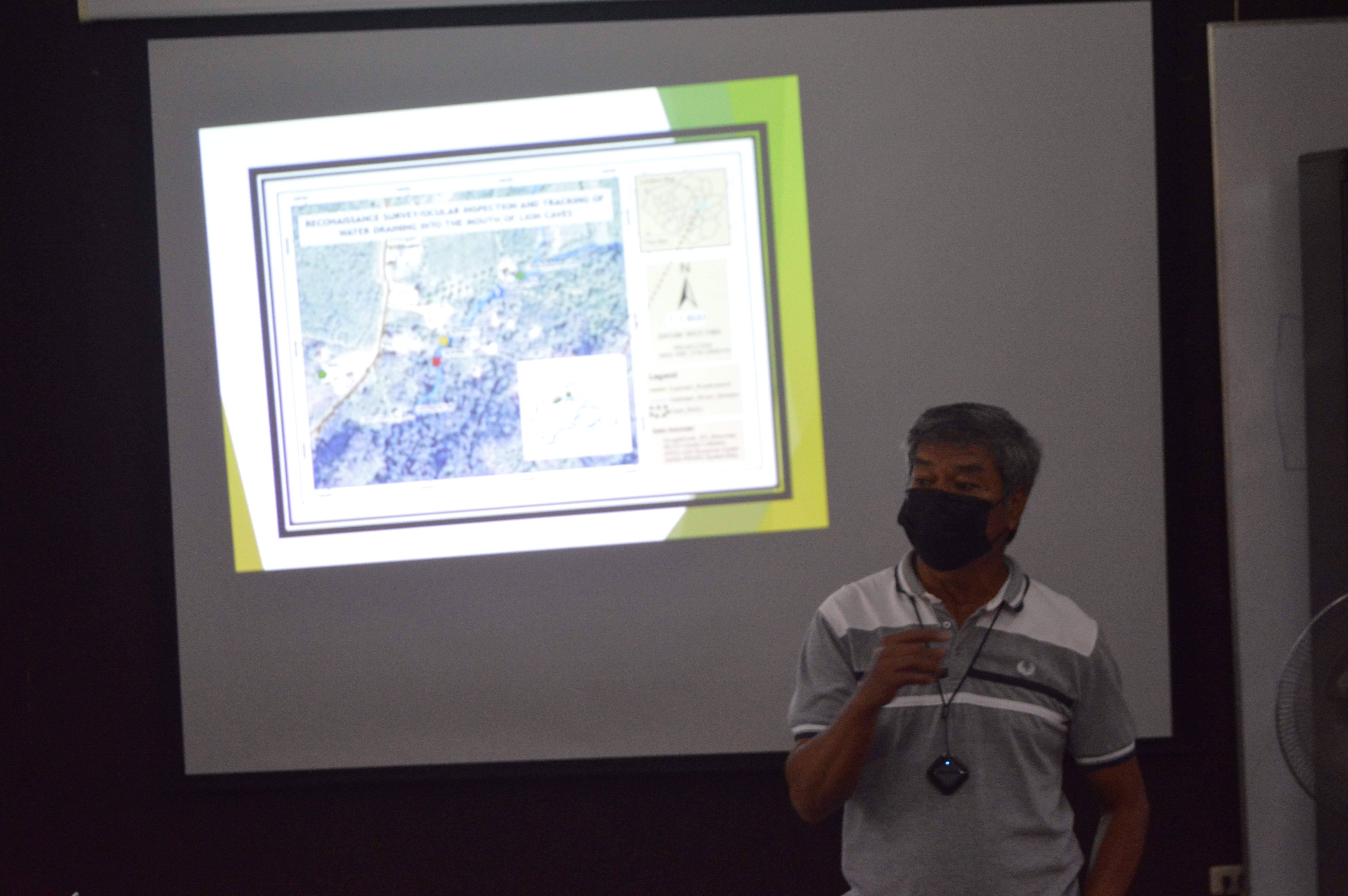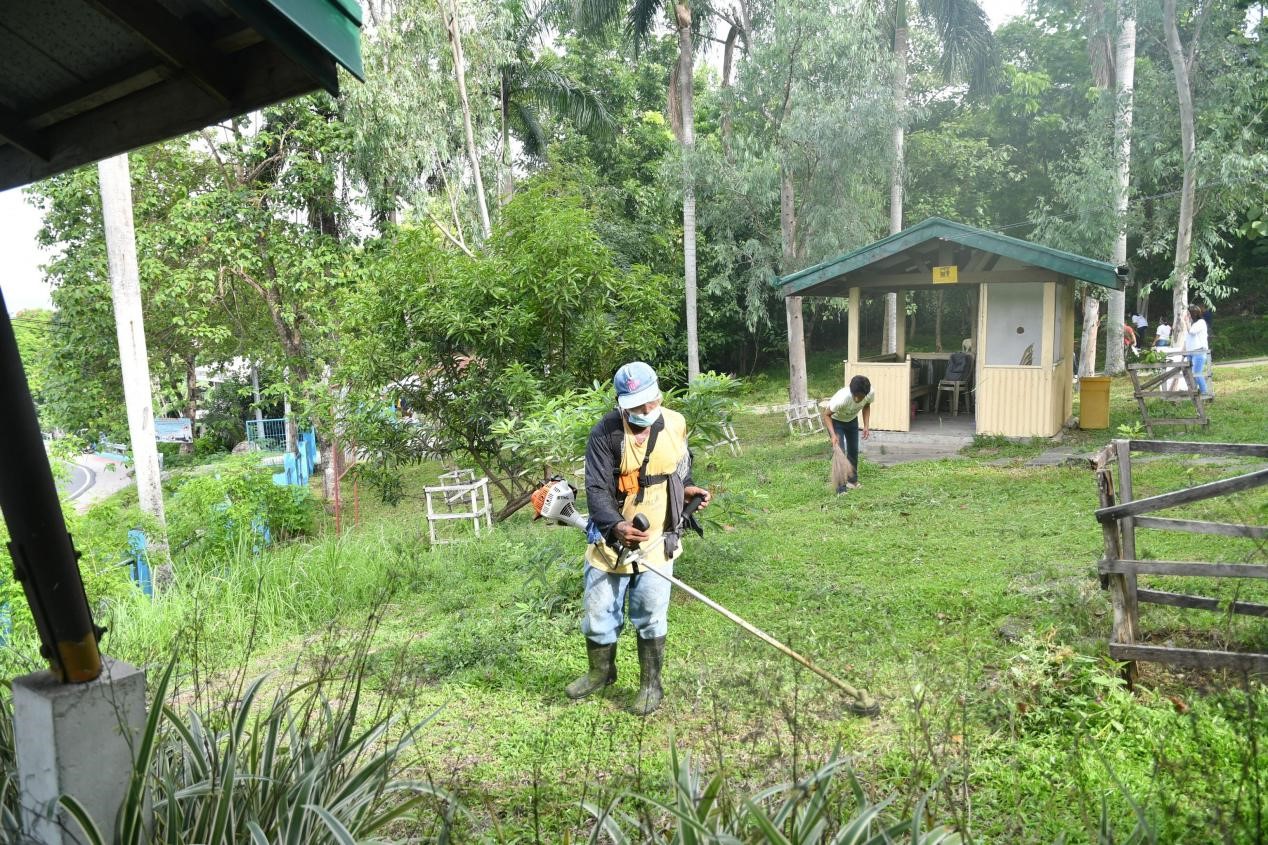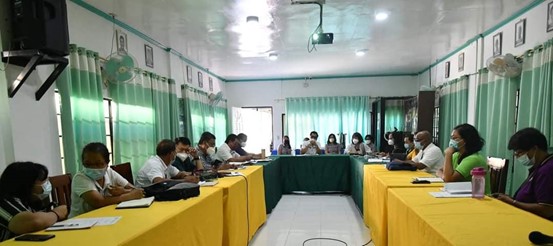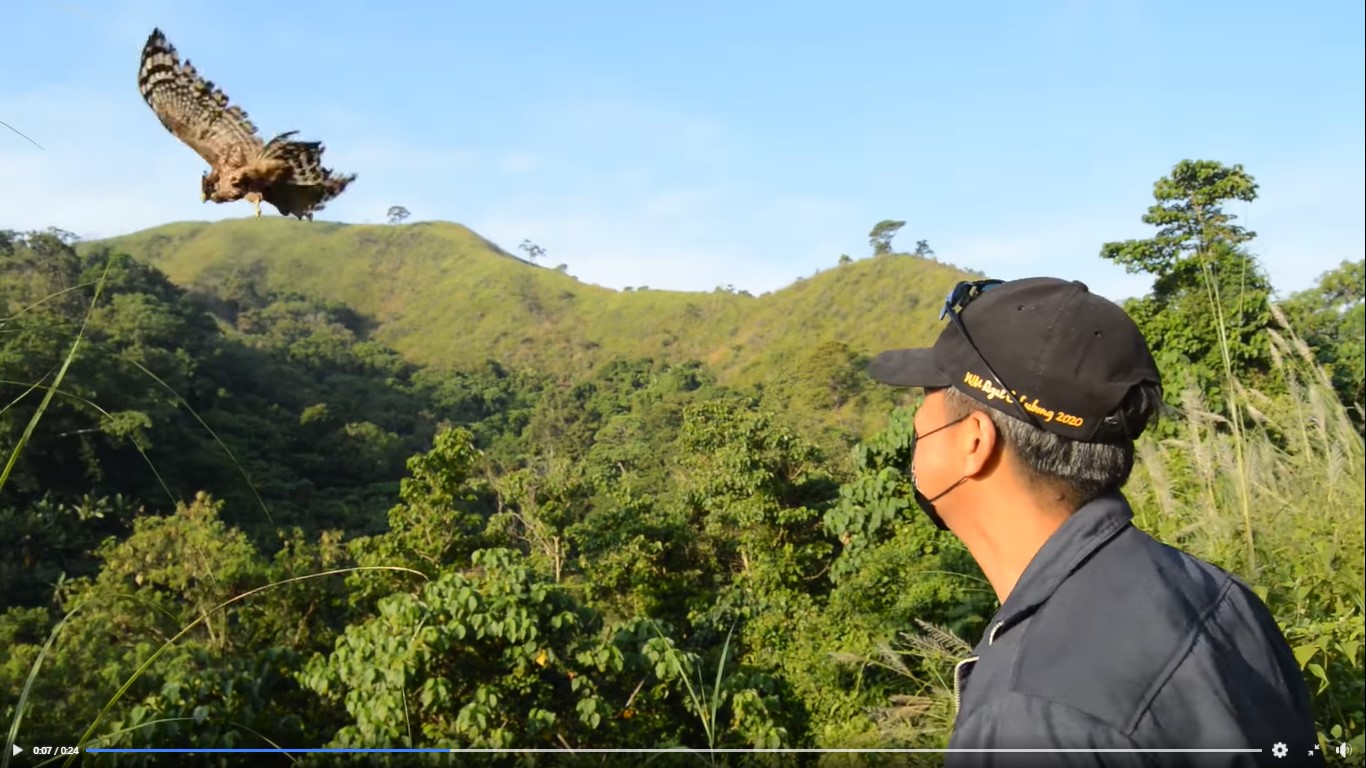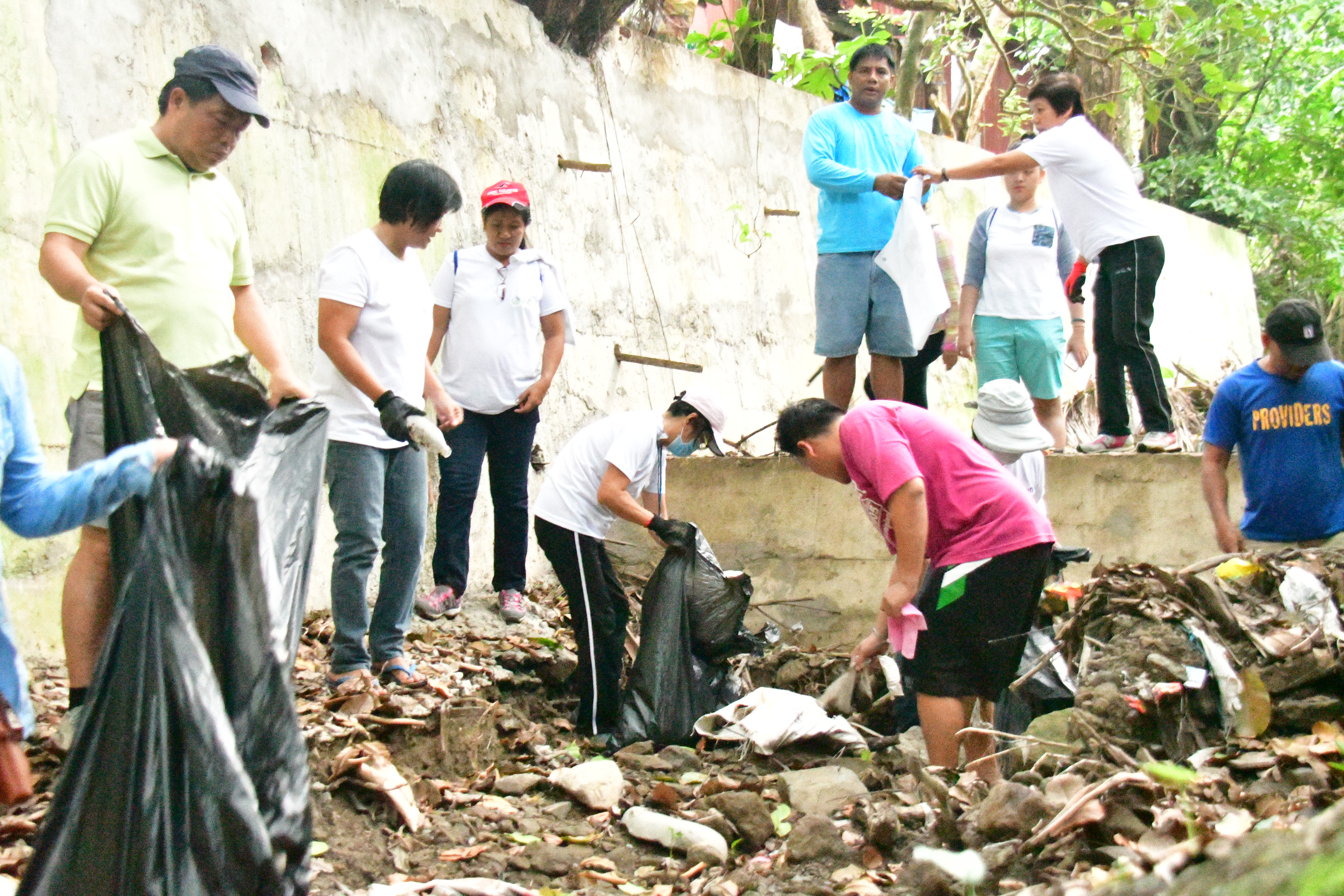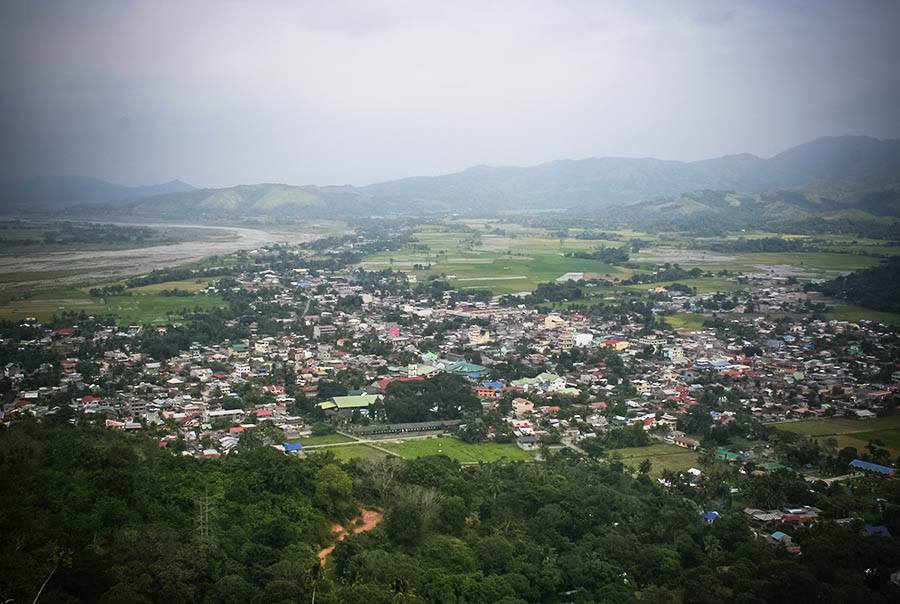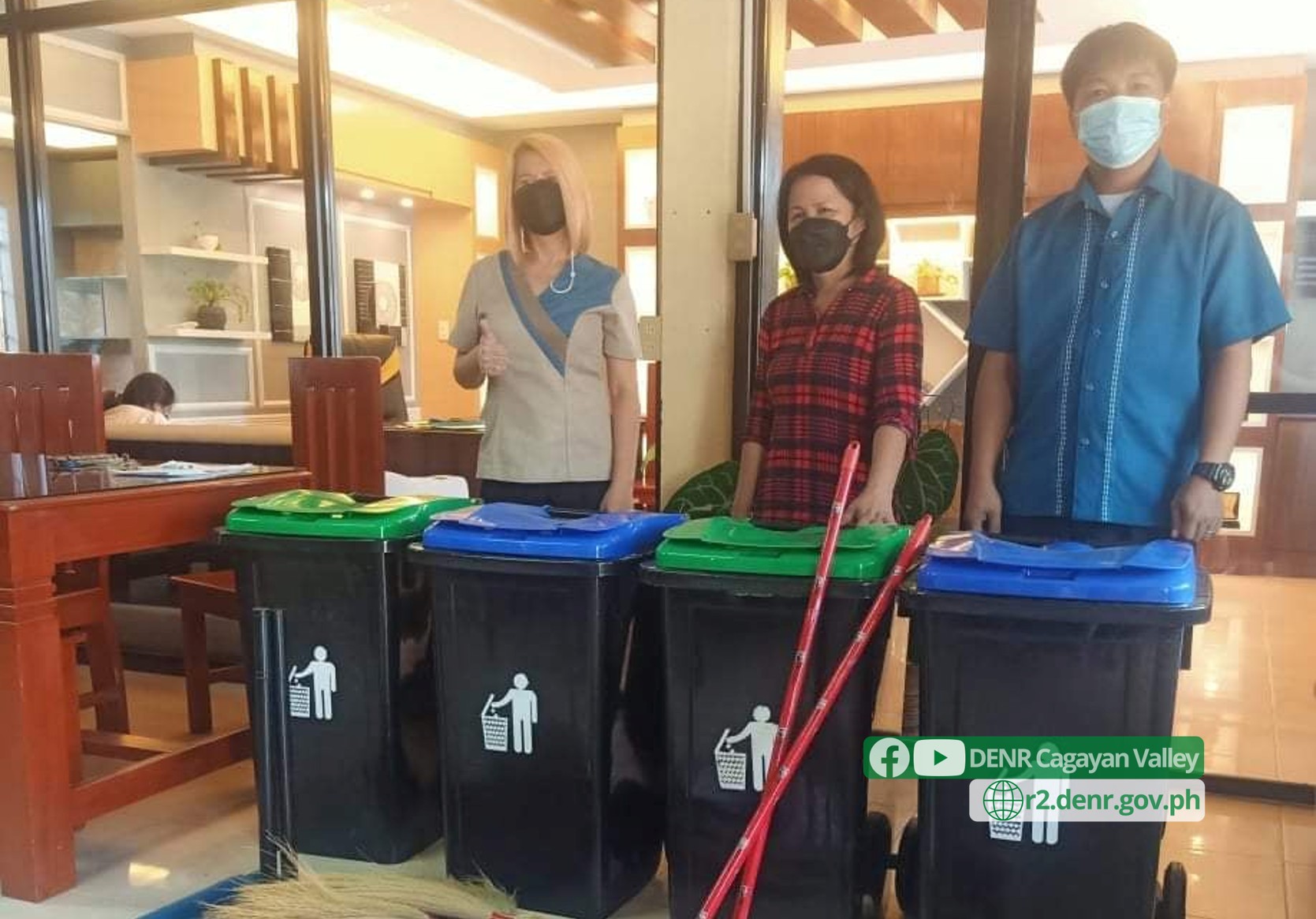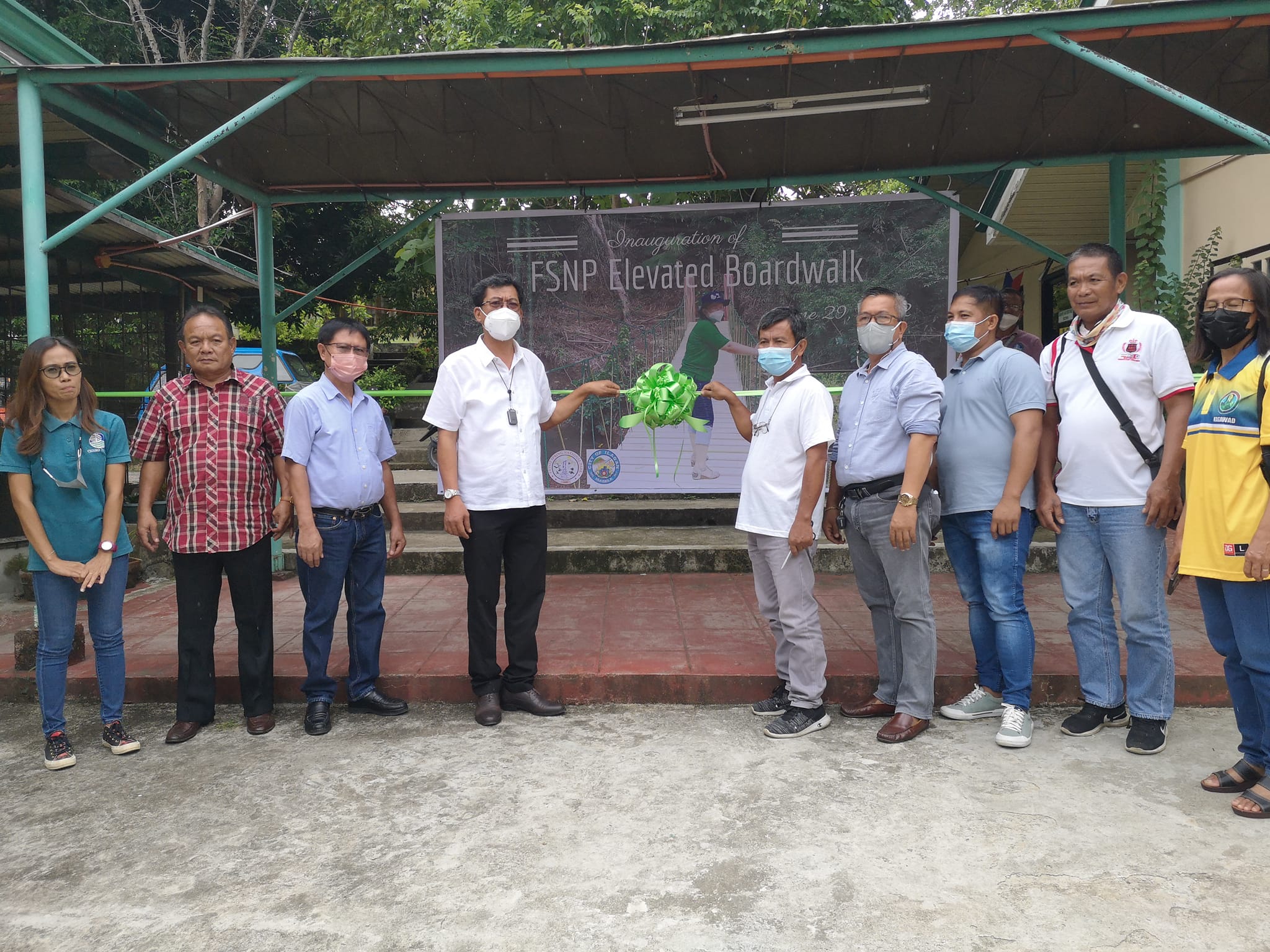The Department of Environment and Natural Resources (DENR) has reminded the public that it is a crime to catch, trade or kill pangolins or anteaters, which have just been included under Appendix I of the Convention on International Trade in Endangered Species of Wild Fauna and Flora or CITES.
Adopted by over 180 countries, CITES is an international agreement that aims to ensure that the survival of wild animals and plants is not threatened by their trade. Appendix I lists plants and animals that are threatened with extinction, thus trading them internationally for commercial purposes is strictly prohibited.
Of the eight pangolin species worldwide, only one can be found in the Philippines. Locally known as balintong, the Manis culionensis is endemic to Palawan province and is considered critically endangered, with its numbers highly threatened by its low fecundity or number of offspring produced per year, loss of habitat, and illegal trade of its scales and meat.
Prior to its inclusion in Appendix I, the pangolin was listed in Appendix II, which provides a modest level of protection as it requires exporting countries to ensure that any traded pangolin specimens have been legally obtained and that their export will not be detrimental to the species' survival.
DENR Secretary Gina Lopez said the upgrading of the pangolin to Appendix I comes with stricter penalties for those involved in the illegal trade and killing of the harmless mammal.
"Further endangering the pangolin is a crime that threatens our biodiversity and the fragility of our ecosystems. The DENR will not hesitate to apply the full extent of the law to anyone caught catching, killing or selling pangolin," Lopez warned.
Republic Act No. 9147, or the Wildlife Resources Conservation and Protection Act, prescribes various penalties for illegal acts toward threatened species.
Under the law, illegal transport of pangolin may merit imprisonment of up to one year and a fine of up to P100,000. A jail term of up to four years and a fine of P300,000 await those who will be found guilty of trading pangolin.
The killing of pangolin carries a jail term of up to twelve years and a fine of up to P1 million.
Pangolins mainly dine on ants or termites. A single adult mammal can eat up to 200,000 ants in one meal, or more than 70 million in a year.
The pangolin is considered as one of the world's most illegally trafficked mammal. Its inclusion in the Appendix I of CITES is seen to prevent the continuing decline of its population in the wild, along with its ecological importance in helping regulate insect population and ensure survival of seedlings.
Based on the estimate of the DENR's Biodiversity Management Bureau, almost a thousand Palawan pangolins were illegally traded from 2000 to 2013.
The ban on the international trade of pangolins was proposed and approved during the World Wildlife Conference of the CITES Conference of Parties in Johannesburg, South Africa held September 24-October 5.
Twelve delegates from the Philippines, led by DENR Undersecretary Ernesto Adobo Jr., defended the proposal to seek higher level of CITES control and international cooperation for the protection of the pangolin against trafficking.
The Department of Foreign Affairs, the Palawan Council for Sustainable Development, and civil organizations Save Philippine Seas and Crocodylus Porosus Philippines, Inc. were also represented in the delegation.
Adobo said that past incidents of confiscations confirm that traffickers have routes through Philippine waters and are likely to have access to traders in the country.
He added that, with the illegal trade compounded by habitat loss and the species’ low rate of reproduction, “It would be impossible for pangolin populations to recover given current rates of harvest.”
The inclusion of the Philippine pangolin in Appendix I would help prevent the further decline of its population in the wild and ensure their continued performance as a regulator of social insect populations.
Aside from the uplisting of pangolin, the inclusion of silky and thresher sharks, mobula rays, and saltwater crocodiles in Appendix II was also proposed by the Philippine delegation.
Appendix II species are not necessarily threatened with extinction but whose trade must be regulated to sustain their survival. ###


